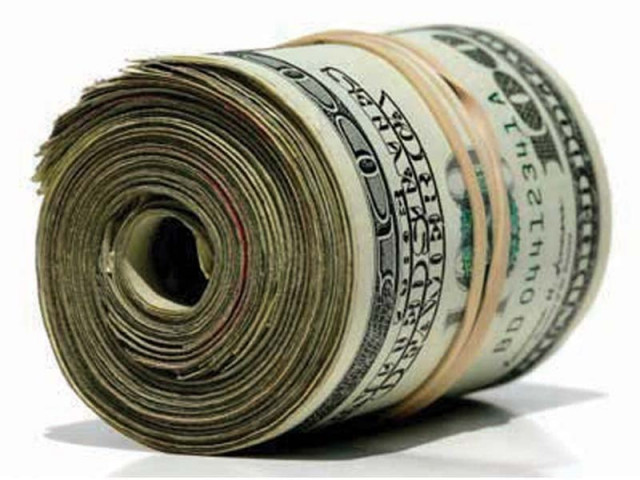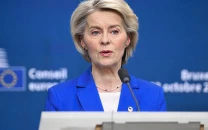Afghan corruption feeding unrest: Experts
Corruption is enabling the drug trade to thrive and pushing Afghans towards the Taliban, analysts warn.

Corruption is enabling the drug trade to thrive and pushing Afghans towards the Taliban, analysts warn -- fuelling the two drivers of instability in the war-torn country.
Mohammad Shafiq Hamdam, head of the Afghan Anti-corruption Network, said graft lies at the heart of most of the country's problems.
"If there are cases of infiltration in the army, it's corruption. If there are cases of smuggling heroin out of the country, within the country, it's corruption," he said.
In January, an Afghan soldier killed five of his French trainers at a base in Kapisa, in the country's northeast. According to the US news website McClatchy, he bribed a recruiter first to join the Afghan army and then again to rejoin after deserting.
Corruption among the security forces is rife -- the interior ministry recently sacked 70 police officers in western Afghanistan.
"I'll never say that the first problem of Afghanistan is security. The first one is corruption," said Mohammad Qasem Halimi, of the Asia Foundation NGO.
With checkpoints at the entry to built-up areas, militants can only get in because of corrupt police, he said.
Around 3,000 Afghan civilians were killed in the conflict last year, a third by the Taliban's improvised bombs, according to the UN.
"Police officers don't catch the insurgents because they're corrupt. If they do, these guys are released as they pay for the judge."
Halimi is a former official with the Supreme Court, and said he had ordered the arrest of 182 judges in the five years he served there.
"In the last five years we have sacked 207 Supreme Court employees, including 65 judges and 70 administrative staff, for corruption," Supreme Court spokesman Abdul Wakil Omari said.
In a country that produces 90 percent of the world's opium, drugs are another huge problem.
Sayed Habib, head of drug addiction problems at the health ministry, in February denounced what he called the "linkages" between organised criminals and the ministry for counter-narcotics.
"There is widespread corruption within the government organs," said Azizullah Lodin, the chairman of the High office of anti-corruption.
Gesturing through his office window, he lamented the impunity enjoyed by criminals with political connections.
"Look! This is government land, but powerful people came here and built houses," he said. "I see people coming back from Iran and Pakistan and they don't even have a small room whereas the powerful ones capture this public land.
"If you can't deal with those big buildings, how can you deal with the people under the bridges?"
The near-collapse in 2010 of the Kabul Bank, the country's biggest private lender responsible for paying 80 percent of government employees came to symbolise the extent of the country's graft problem.
Its owners, including brothers of Karzai and his vice-president, were accused of pocketing $900 million in illegal loans, prompting the International Monetary Fund to suspend hundreds of millions of dollars of international aid.
More recently, the disappearance of $42 million from the budget of Kabul's main military hospital and the $60 million missing from the coffers of customs in Herat caused a national scandal.
Even junior officials use whatever power they have to squeeze extra money for doing their job. The going rate for a passport is $100 to $500 and the public health system works on the same basis.
An Asia Foundation survey of 6,500 people around the country last year found that corruption was the number three concern among Afghans, after employment worries and Taliban attacks.
In 2010 Transparency International named Afghanistan as the world's second most corrupt country -- tied with Myanmar -- behind Somalia.
Corruption "represents one of the main obstacles to sustainable peace in Afghanistan," Wolfgang Weisbrod Weber, a UN envoy formerly in Afghanistan, said in December.
Hamdam of the Afghan Anti-corruption Network, said frustration with corruption was driving people to side with the militants.
"The reason why people are joining the Taliban is because of this fake legitimacy which is linked to corruption. The Taliban have no other legitimacy in this country, no other excuse," he said.



















COMMENTS
Comments are moderated and generally will be posted if they are on-topic and not abusive.
For more information, please see our Comments FAQ